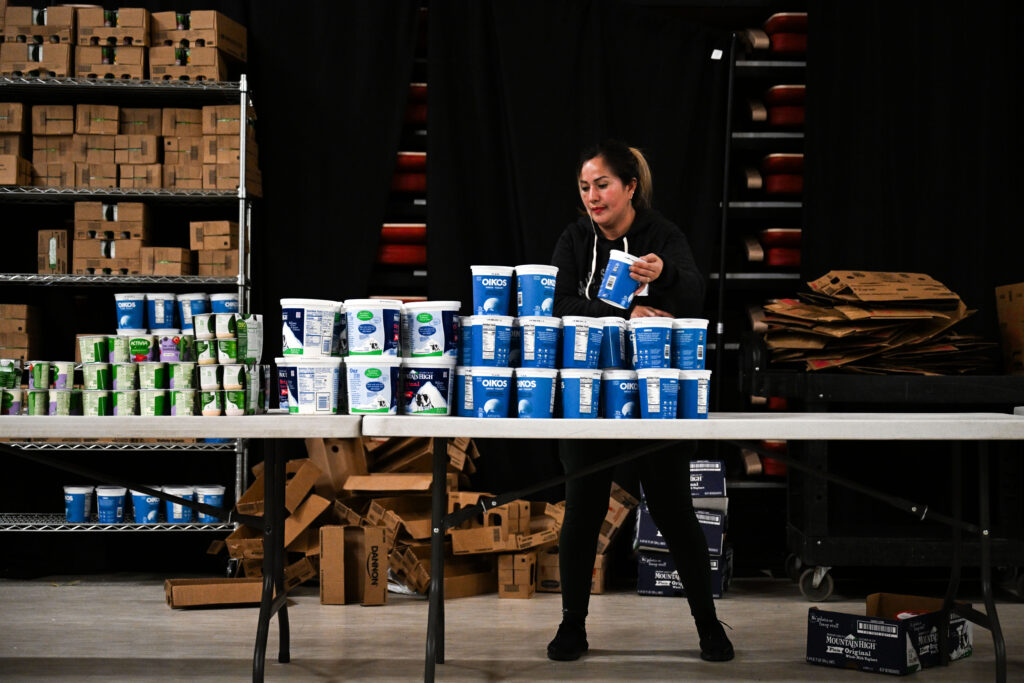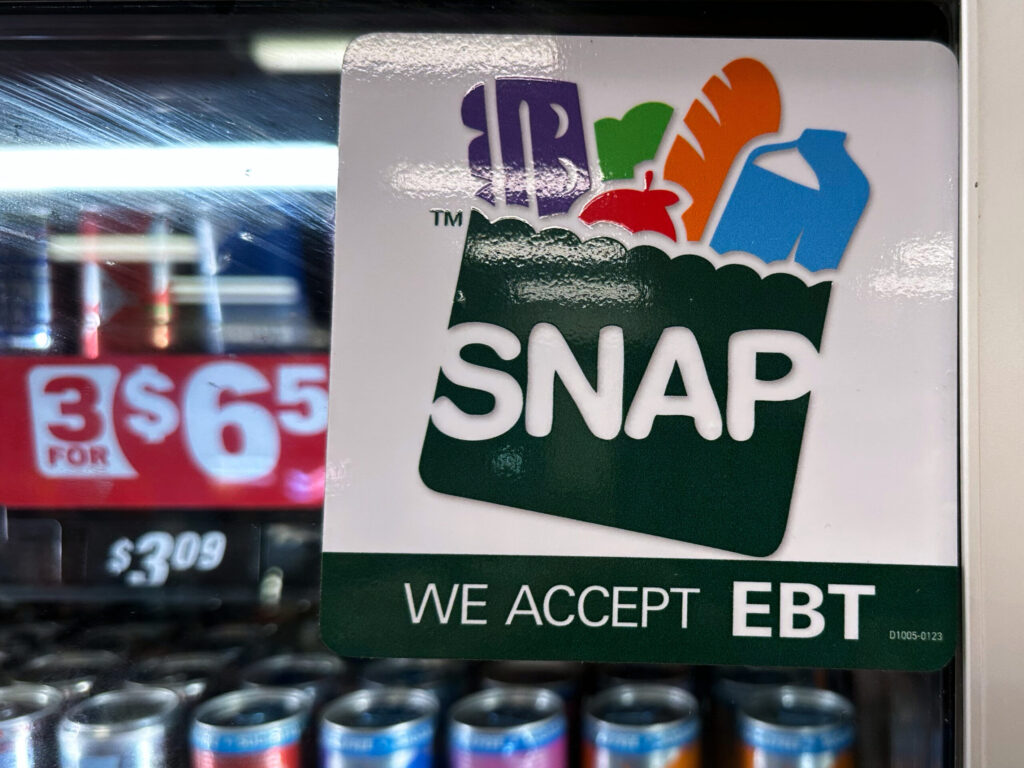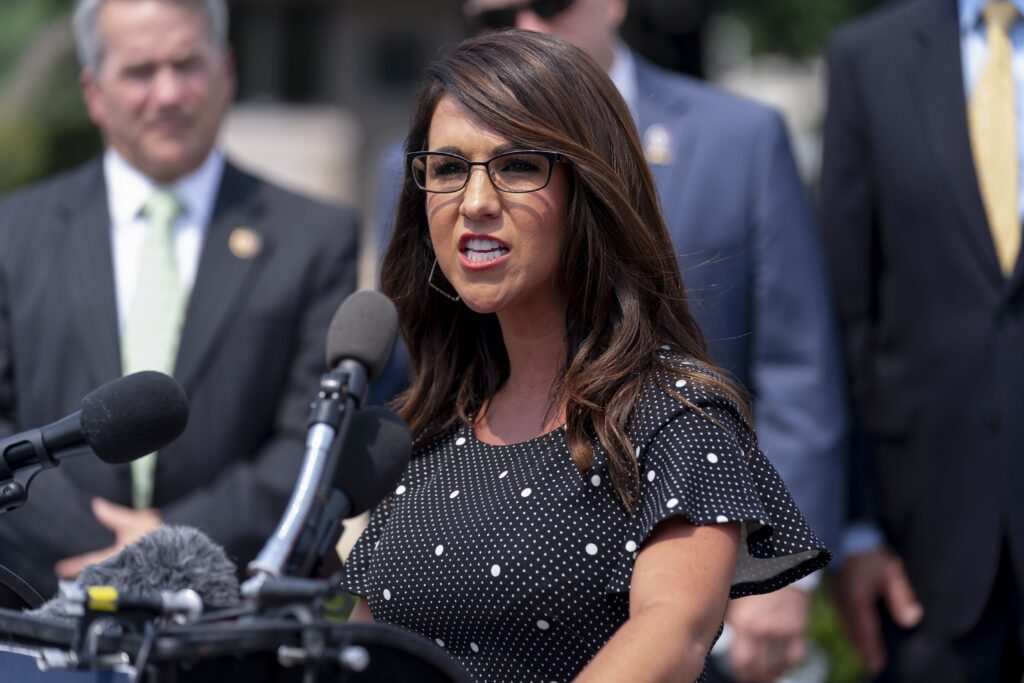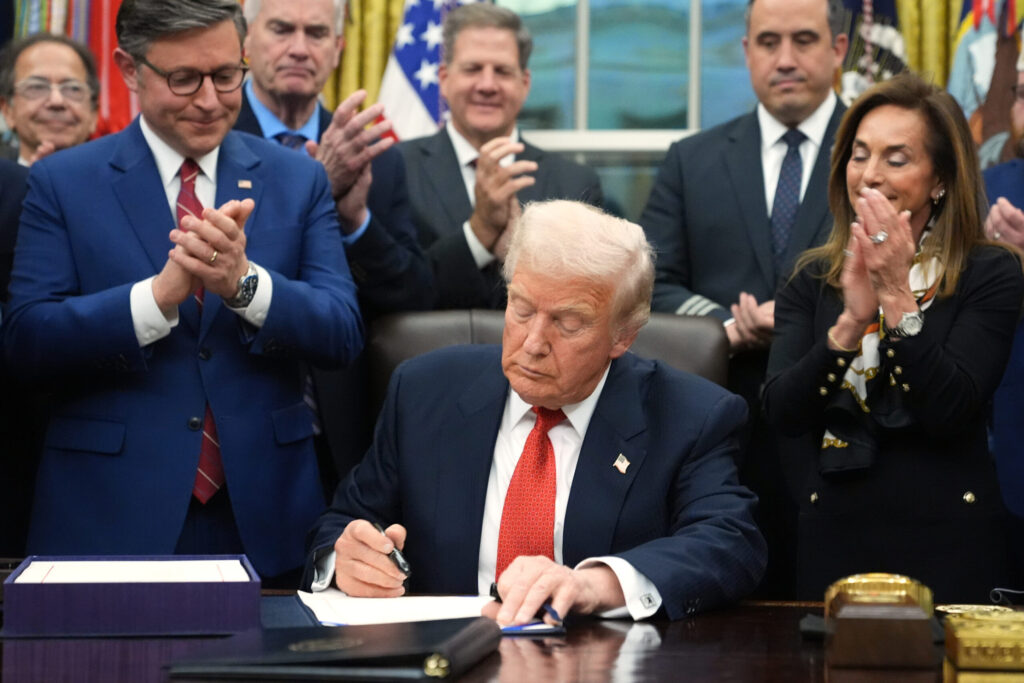Pugliese’s bill to end retail delivery fees killed by committee | FOCUS ON THE SPRINGS

Less than eight months after Colorado’s new retail delivery fees took effect, Rep. Rose Pugliese brought forward a bill seeking to eliminate them.
In 2021, the state legislature passed Senate Bill 21-260, a $5.4 billion, 10-year plan to build out Colorado’s roads and bridges, create more electric vehicle charging stations, boost mass transit and mitigate air pollution. Included in the bill were fees totaling 27 cents that businesses must collect from customers ordering products for delivery.
Pugliese, R-Colorado Springs, sought to repeal these delivery fees with House Bill 1166.
“When I went door-to-door during the campaign, this was the No. 1 issue that we heard,” Pugliese said, arguing that small fees and taxes adding on each other are “killing affordability in Colorado and it’s really hard for people to make ends meet.”
HB 1166 was killed Tuesday in the House Transportation, Housing and Local Government Committee. Committee members voted 9-4 against the bill, with all Democrats opposed to the bill and all Republicans in support.
Though the delivery fees are only 27 cents, revenue adds up quickly with the fee being paid on 161.2 million deliveries as of December – five months after the fees went into effect on July 1, 2022.
If Pugliese’s bill to repeal the fees passed, the state would have lost between $88 million and $96 million each year, according to state estimates. Opponents of the bill said losing this revenue would hurt the state’s efforts to improve transportation infrastructure and mitigate air pollution.
“The average customer for these kinds of services would pay about $8 per year in these fees,” said Rep. Ruby Dickson, D-Greenwood Village. “With the benefits that Coloradans get from these funds, it seems to me that it’s really important that we keep these funds operational and that we actually keep our air clean and keep bringing these benefits to Coloradans.”
Will Toor, executive director of the Colorado Energy Office, said the fees are the primary funding mechanism for the state’s transportation electrification enterprises and nonattainment area pollution mitigation enterprise, which were created by SB 21-260 to help reach the state’s goal of reducing greenhouse gas pollution 50% by 2030 and 90% by 2050.
As transportation is the largest source of greenhouse gas pollution in the state, Toor said he does not think it’s possible to meet the pollution reduction goal without the programs funded by the fees.
But supporters of the bill argued that funding for these programs should not come from putting fees on Colorado consumers. Pugliese said the state does not have a revenue problem, but a “prioritization problem,” saying the funding should come from the record-breaking $42.7 billion state budget that Gov. Jared Polis proposed for the year.
“To some people that seems like a minimal fee, but to some people they’re literally going through the cushions of their couch to make it at this point,” said Rep. Ty Winter, R-Trinidad. “To make it sounds like it’s nominal and it isn’t worth talking about, I think that’s disingenuous.”
HB 1166’s failure came on the same day that lawmakers advanced Senate Bill 143, a bill to exempt small businesses from the 27 cent delivery fees.
SB 143 is sponsored by Sen. Kevin Van Winkle, R-Highlands Ranch, and Senate President Steve Fenberg, D-Boulder – the latter of whom was the leading senator behind SB 21-260 that created the delivery fees in the first place.
If passed by the full legislature, SB 143 would exempt small businesses making up to $500,000 in annual sales from the fees, and allow all businesses to pay the fees on behalf of customers if they choose. Small businesses accounted for 2.5 million deliveries from July 2022 to December 2022, and the fee exemption would reduce state revenue by around $1.4 million each year, according to state estimates.
“It’s a user fee, it’s about impact on the roads. If you’re a small business that is not really delivering a lot of goods and services, then your impact is quite lower,” Fenberg said. “I don’t think it’s that we went too far, it’s that we’re refining to make sure it’s being administered on the right sized companies.”
The Senate Finance Committee unanimously approved SB 143 on Tuesday, sending it to the Senate Appropriations Committee for consideration in the coming weeks.














